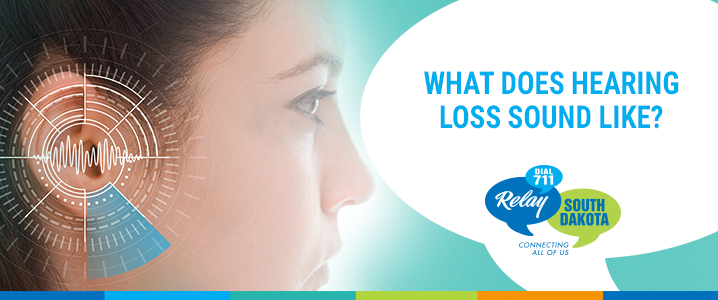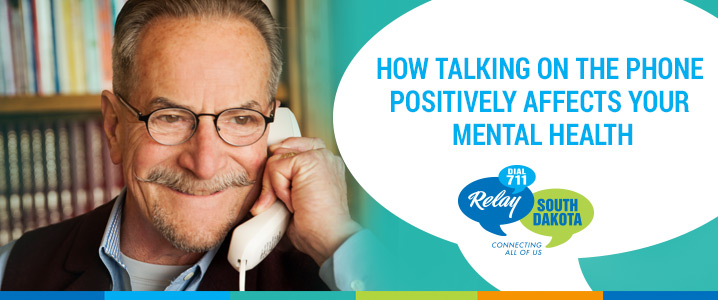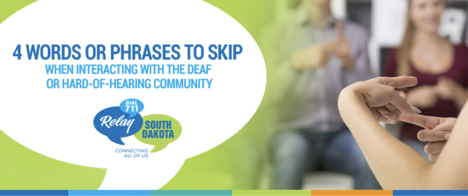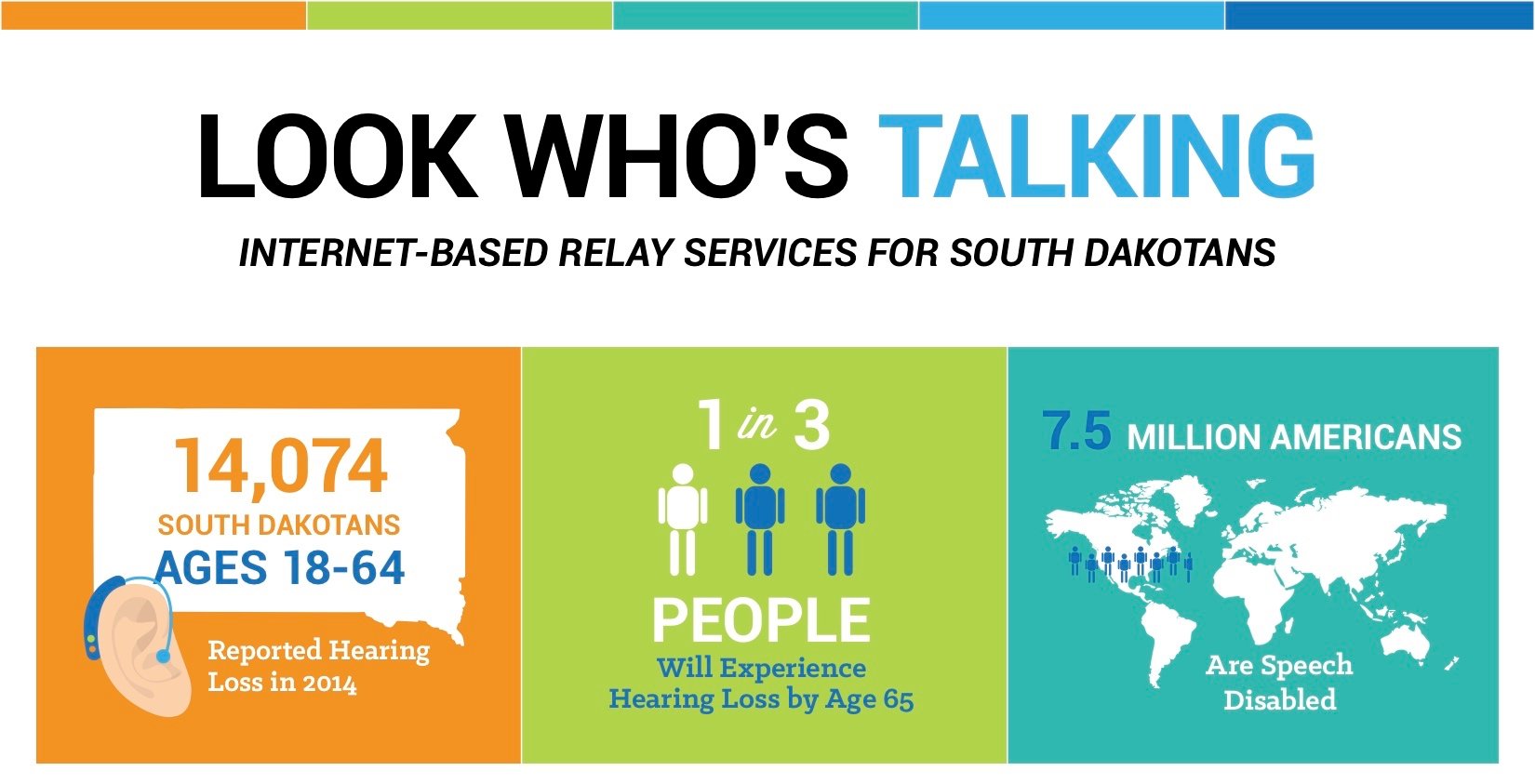
News
Top Apps for People with Hearing, Vision or Speech Disabilities

Can you believe mobile apps have only been around for 10 years? From on-the-go banking and fitness trackers to social media, games and more - it’s hard to imagine life without our smartphones and tablets. And the innovations just keep coming!
Check out our latest tech roundup, featuring 5 useful apps for people with hearing, vision or speech disabilities.
Read the article5 Tips For Talking To Loved Ones About Hearing Loss

It’s never easy to admit when we have a problem, and that’s especially true when it comes to age-related hearing loss. For those affected, it’s common to experience a wide range of emotions including anger, grief and denial.
Here are 5 important tips for talking to loved ones about hearing loss.
Read the articleWhat Does Hearing Loss Sound Like?

Do you have a family member, friend or colleague with hearing loss? If so, you know how important it is to be supportive and understanding – especially if their hearing loss is age-related or work-related, and you’re all adjusting to new communication needs.
Here are some ways you can gain perspective by experiencing what hearing loss sounds like.
Read the article4 Helpful Ways to Make Driving While Deaf or Hard-of-Hearing Easier

First, let’s dispel a common myth: people who are deaf or hard-of-hearing CAN drive, and many are excellent drivers. Laws passed in all 50 states guarantee the right to drive. However, it’s important to take precautions to keep everyone safe on the road.
Here are 4 helpful ways to make driving while deaf or hard-of-hearing easier.
Read the article5 Ways for Hard-of-Hearing People to Navigate Working in the Service Industry

If you’re hard-of-hearing, it’s no secret that communicating can be difficult – especially on the job. As with every other part of your life, it’s important not to let these challenges stand in the way of accomplishing your goals. Everyone deserves a rewarding career that they love. That includes you!
Here are 5 ways for hard-of-hearing people to navigate working in the service industry.
Read the articleHow Talking On the Phone Positively Affects Your Mental Health

It’s no secret that talking on the phone with friends and family can be a great source of happiness – and even the most mundane, task-oriented calls give us a sense of connection and control over our lives.
Without this daily social connection, people who are deaf, hard-of-hearing or speech impaired can be at risk for chronic sadness or depression. They may also experience feelings of irritability, poor self-image and feelings of inadequacy.
Here are 3 ways relay services can help people live happier, more connected lives.
Read the article4 Phrases to Skip with the Deaf and Hard-of-Hearing Community

Whether you’re meeting an individual with hearing loss for the first time or interacting with someone you know well, the basic rules of conversational etiquette apply: Think before you speak. Talk in a normal voice. Be polite and attentive.
Trying to connect with an individual with hearing loss without understanding their culture can make you come off as rude, however unintentionally. Try to avoid these four phrases at all costs.
Read the articleYour Guide to Hearing Implants: Your Options & How They Work

If you’ve experienced hearing loss in your daily life, there’s a chance that a hearing implant might be a good fit for your situation. If your audiologist recommends it, you have several options when it comes to implants.
Here are just a few of the potential options your audiologist might present to you, depending on the level and nature of your hearing loss.
Read the articleHearing Loss & Meetings: Tips for Workplace Efficiency

Being hard-of-hearing in a primarily hearing workplace doesn’t need to be difficult to navigate. Employers and coworkers can work together to better accommodate with each other —particularly in meetings and workplace gatherings.
Here are some ways office workers can improve meetings when it comes to coworkers with hearing loss.
Read the article

